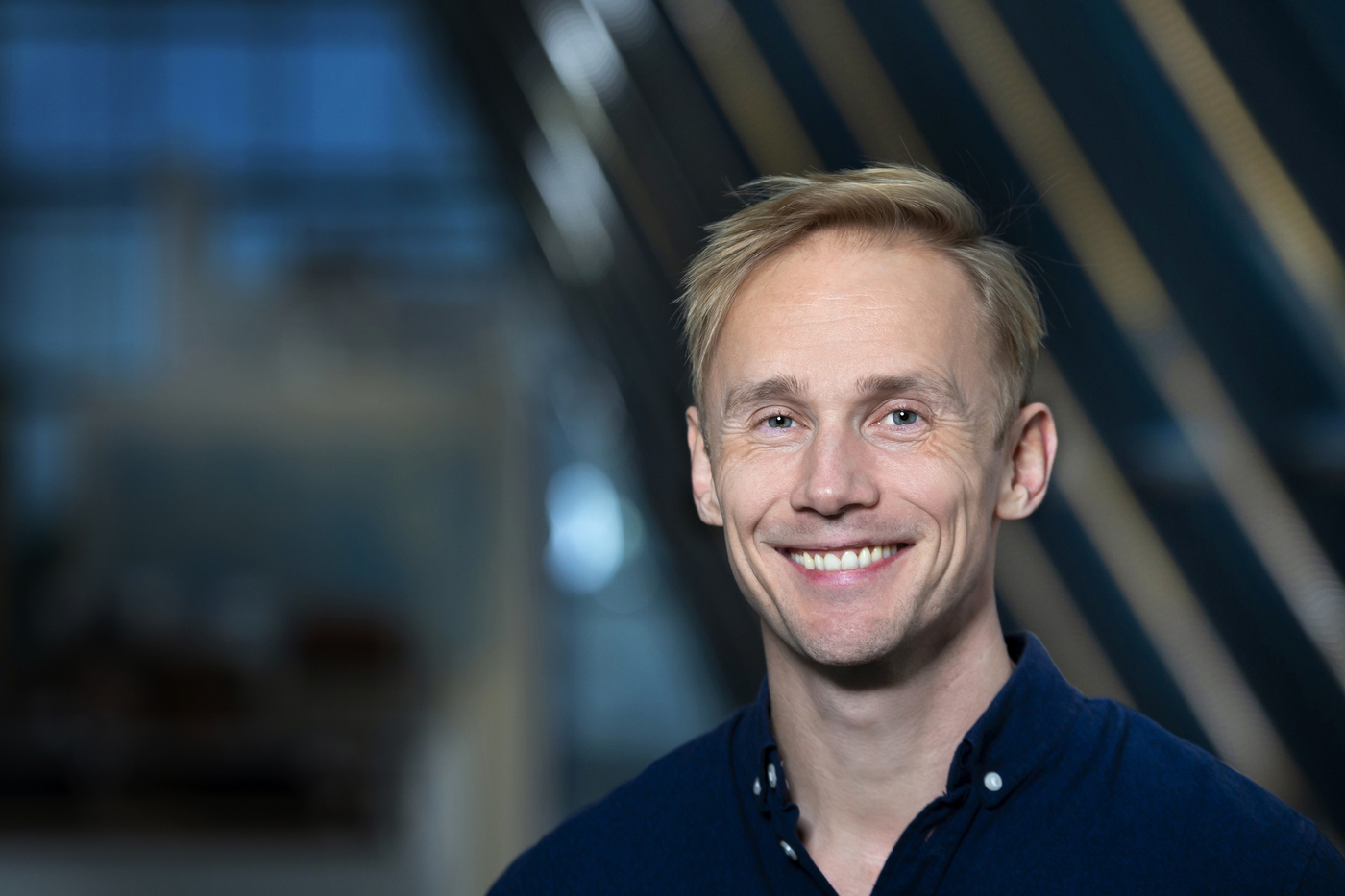- A study that can create new opportunities in diagnoses, drug development and personalised medicine.
- The competition for European Research Council (ERC) grants is fierce
- The project is conducted under the auspices of the University of Iceland's Science Institute.
A research team led by Pétur Orri Heiðarsson, associate professor of biochemistry at the University of Iceland, has received a grant for 1.5 million Euros, or over 200 million Ikr, from the European Research Council (ERC) for a research project aiming at better understanding the predominant factors in cellular reprogramming mechanisms. The research can create tremendous opportunities in diagnoses, drug development and personalised medicine.
The project is called PIONEER and is under the auspices of the University of Iceland and focuses on a certain type of proteins called Pioneer transcription factors (pTFs). Human DNA forms all kinds of structural units, collectively called chromatin, and the access of proteins to genes can determine the type of cell a stem cell develops into. "The proteins called Pioneer transcription factors (pTFs) have unique abilities enabling them to open the DNA that is closed, thus making genes accessible that were hitherto silent. These qualities of the proteins have recently been harnessed to change one type of cell into another. This is called cell reprogramming and could revolutionise the medical potential of cell-based therapy," explains Pétur and it is worth mentioning that a Nobel prize in medicine was awarded for this discovery.
However, according to Pétur, cell reprogramming is not yet efficient enough and often has negative side effects, preventing the full potential of the method. Pétur and his colleagues want to change this in their new research project, focusing on five important pioneer reprogramming pathways; all key molecules for cell reprogramming, including the creation of stem cells and nerve cells. "The project involves mapping conformational states and deciphering the molecular mechanism behind how these factors bind and open chromatin, both in vitro and within the complex cellular environment. Once this has been completed, we will design mutations to modify the pioneer factors, both to validate our results and to potentially generate enhanced or even novel functionality. Finally, we will explore their activity in cells, and how mutated versions of pioneer factors perform in cell reprogramming. These experiments will yield important information on the functionality of pioneer transcription factors," says Pétur.
The research can create important opportunities in medical sciences
To conduct research such as this sophisticated microscopy technology is required, which Pétur has applied for quite some time. The technology played a key role in a study that led him towards the new research. "When I was working as a post-doc in Zürich my research team discovered that certain proteins that steer the access to human DNA are unstructured, i.e. they do not have a stable three-dimensional structure like so many proteins. This characteristic is the foundation for how they regulate the structure of DNA. The key to the success of this research is employing advanced single-molecule spectroscopy techniques; a sensitive molecular ruler that allows researchers to measure molecular distance distributions and dynamics on a broad timescale from picoseconds to hours. Similarly, the pioneer reprogramming factors are to a large degree unstructured proteins, and as soon as I read about these fascinating molecules I realised a comparable methodology could be a very effective way to understand them," says Pétur on what set him on the path for the research.
The benefits of the PIONEER-project for science are according to Pétur that the project will increase understanding og the basic processes that control gene expression, and cell decisions, i.e. which processes direct a stem cell to become a specialised cell, such as a heart cell or a nerve cell. "The societal impact is more tangible. If we succeed in better understanding the functional activity of these factors we have made a significant progress in improving cell reprogramming and its efficiency. This will create tremendous opportunities in the field of diagnoses, drug development, regeneration of scarred tissue, and personalised medicine.
Creates both new knowledge and new career opportunities for academics
This is the fifth time in 15 years that a research scientist at the University of Iceland receives a grant from the European Research Council. They are now awarded through Horizon Europe, the European Union funding programme for research and innovation and the main focal point of the ERC is to encourage quality basic research in Europe. Competition for ERC grants is fierce but the University of Iceland has placed great emphasis on procuring more such grants in the new strategy, HÍ26. This is the second grant from the council to University research scientists this year.
Pétur can use this funding to build his research team, hire doctoral students, post-docs, and other staff. The research thus creates new career opportunities for scientists of the future and new knowledge which is vital for our society. The PIONEER project will mostly be conducted under the auspices of the University of Iceland's Science Institute, in collaboration with research teams in Denmark, Switzerland, the United States, and New Zealand. Planned to commence in the new year.
Pétur is currently looking for collaborators within and outside of the University and encourages interested students and research scientists working in this field to contact him.




